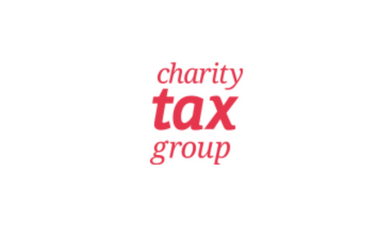The Charity Tax Group (CTG) has gained charitable status after a lengthy application process, it has announced.
Previously a company limited by guarantee, the sector membership body said it hopes registering as a charity will make it easier to get grant funding.
The group, which describes itself as “the voice of charities on tax”, has operated for over 40 years and reports saving the sector over £10bn in tax in that time.
CTG’s chair Richard Bray, who made the announcement yesterday at the body’s winter conference, told Civil Society that the group submitted an application to the Charity Commission over a year ago.
He said the commission raised some questions over its application before granting CTG charitable status, which is why the registration only went through this week.
“They were looking at the things that CTG had done in the past and tended to do exclusively, which isn’t now what we do exclusively,” Bray said.
“Now, there’s a much bigger focus on educating, informing and training charities, as well as the work that we do to try and make sure that we get a fair deal on tax measures from the government.”
Funding benefit expected
CTG has registered with eight trustees including Bray as chair, according to the commission’s website.
Bray said one of the reasons CTG applied for charitable status was because “if you’re representing the charity sector, you want to be a charity”.
“It demonstrates what your values are and what you stand for,” he said.
He said that being a charity would also make it easier for CTG to apply for and get grant funding, as doing so as a non-charitable organisation can be difficult.
“With the sort of work that we do, funding can be an issue because what we do is a benefit for all charities whether or not they’re members.”
At the moment, CTG gets financial support in three ways: professional firms paying a subscription to be part of the group; charity members making voluntary donations; and some grant funding.
Bray said: “We think it’s going to make it easier for us to get grant funding. Our model would be that we support charities rather than donors.”
Related articles












